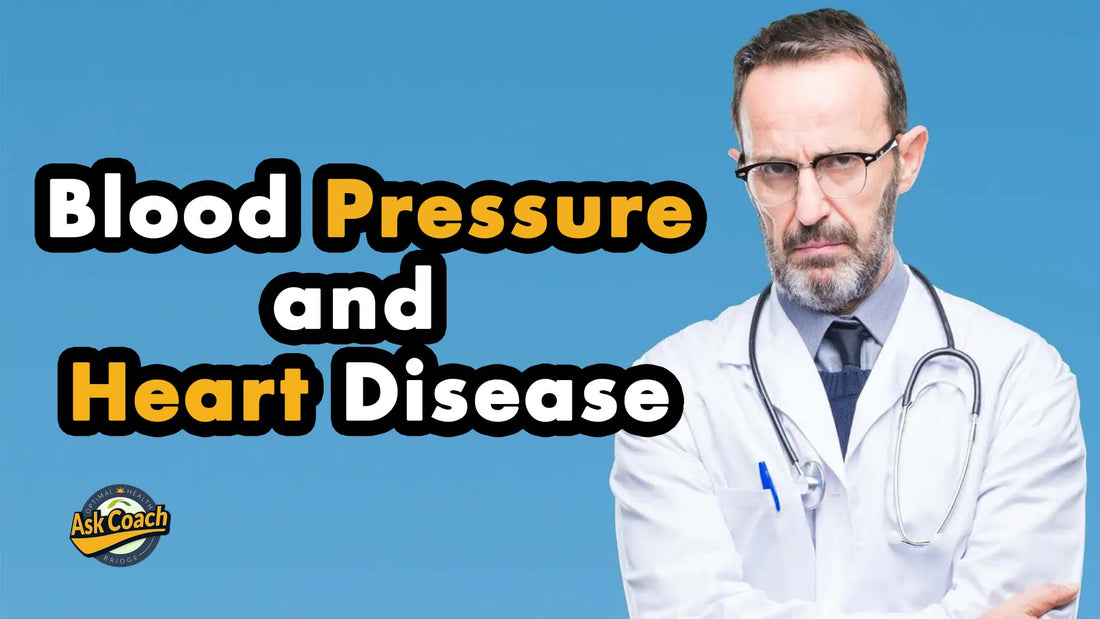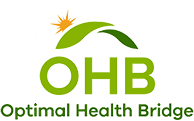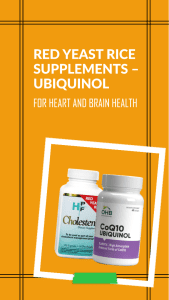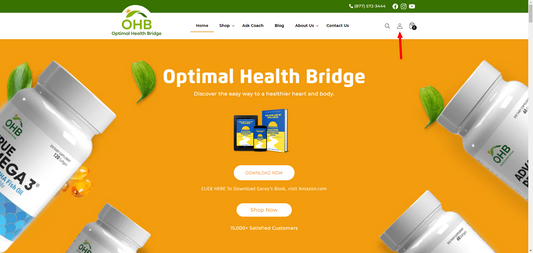
Share
Understanding the Link Between Blood Pressure and Heart Disease
This week, I continue to harp on the topic of Hypertension. “Why does he keep repeating himself,”’ you ask? Repetition is the law of memory. It’s all too common in today’s society to be overwhelmed with outside pressure, to be subject to environmental toxins, and to be confused by what all this means. It’s important that we experience some stress in our lives and no one can navigate today’s pressures without “feeling it.”
However, we have to learn to be flexible in how we react to stressful situations. If we were to give it a number, we could say in general that 30% stress and 70% calm state would be “normal” but all too often we are operating at 70% stress while hoping for a respite of 30%. In all honesty, some of us can even sleep in a stressed state never allowing ourselves to fully rest and recuperate. If you wake up from 6-8 hours of sleep and still feel fatigued, this may be the case
High blood pressure, or hypertension, is a common health condition affecting millions worldwide.
It occurs when the force of blood pumping incessantly against the walls of the arteries is too high, which can cause damage to the blood vessels and increase the risk of health complications such as heart disease. Understanding the link between blood pressure and heart disease is essential for maintaining good heart health and reducing your risk of heart-related problems. https://www.linkedin.com/pulse/understanding-warning-signs-heart-disease-avisasmarthospitals
What is Blood Pressure?
Blood pressure is a measure of the force of blood against the walls of the arteries as the heart pumps it around the body. https://www.linkedin.com/pulse/understanding-warning-signs-heart-disease-avisasmarthospitals
It is measured in millimeters of mercury (mmHg) and recorded as two numbers – systolic pressure and diastolic pressure. Systolic pressure is the top number and represents the pressure in the arteries when the heart beats. In contrast, diastolic pressure is the bottom number and represents the pressure in the arteries when the heart rests between beats. Your Guide to Lowering Your Blood Pressure with DASH. https://www.nhlbi.nih.gov/files/docs/public/heart/new_dash.pdf?0bce2d55_page=2
A regular blood pressure reading is generally considered to be below 120/80 mmHg. However, if your blood pressure consistently exceeds this level, you may be diagnosed with hypertension. There are several types of hypertension, including primary hypertension, which develops over time without any identifiable cause, and secondary hypertension, which is caused by an underlying condition such as kidney disease or sleep apnea.
The Link Between Blood Pressure and Heart Disease
High blood pressure can pose a significant risk for heart disease. Over time, the excessive force of blood against the arterial walls can cause them to narrow and harden, a condition known as atherosclerosis. This can lead to various heart-related problems, including heart attack, stroke, heart failure, and aneurysm.
When the heart has to work harder to pump blood through narrowed or hardened arteries, it can lead to an enlargement of the heart muscle, a condition known as left ventricular hypertrophy. What Causes an Enlarged Heart? – Keck Medicine of USC. https://www.keckmedicine.org/blog/what-causes-an-enlarged-heart/
This, in turn, can increase the risk of heart failure, where the heart cannot pump enough blood to meet the body’s needs.
High blood pressure can also cause damage to the small blood vessels in the kidneys, leading to chronic kidney disease and increasing the risk of developing peripheral arterial disease. This condition affects the arteries in the legs, arms, and pelvis.
How to Manage Blood Pressure and Reduce Your Risk of Heart Disease
High blood pressure can be tamed, and there are a few simple actions you can take to reduce your risk of heart disease. These include:
- Healthy Eating: Eating a balanced diet low in sodium, saturated fats, and cholesterol can help manage blood pressure and reduce your risk of heart disease. Eat plenty of fresh fruits and vegetables, a few whole grains, and lean protein sources. Avoid packaged foods with bar codes. It’s bound to contain preservatives or pesticides of some sort.
- Regular Exercise: Regular physical activity can help to lower blood pressure, improve circulation, and reduce the risk of heart disease. Aim for at least 30 minutes of moderate-intensity exercise most days of the week. 10 Ways To Improve Your Heart Health Quickly And Naturally. https://www.linkedin.com/pulse/10-ways-improve-your-heart-health-quickly-naturally-chiamaka-uche
- Stress Management: Chronic stress can contribute to high blood pressure and increase the risk of heart disease. Finding ways to manage stress, such as meditation, deep breathing exercises, or yoga, can help to reduce the risk. Your Body, Your Therapy: A Guide to Physical Wellness – idealmedhealth. https://idealmedhealth.com/ru/a-guide-to-physical-wellness/
- Medications: If lifestyle changes alone cannot regulate high blood pressure, your physician may prescribe medication to help control it. Several types of blood pressure medications are available, including diuretics, beta-blockers, ACE inhibitors, and calcium channel blockers. Please commit to lifestyle changes in a resolute manner before using any of these drugs on a long-term basis. Remember all medications have to clear the liver and all medications have some side effects or unintended consequences. My rule of thumb is if it’s acute take the medication as an intervention but do the work of resolute lifestyle change as a prevention.
- Regular Health Checks: Regular blood pressure checks are essential for monitoring your blood pressure and identifying any changes early on. Your doctor may also recommend other tests, such as blood tests or electrocardiograms, to check your heart health.
What Can I Do?
High blood pressure is a predictor of heart disease, and it is essential to understand the link between blood pressure and heart disease to reduce your risk and maintain good heart health. Managing blood pressure involves lifestyle changes, such as healthy eating, regular exercise, stress management, and regular health checks. If lifestyle changes are not enough, your doctor may want to prescribe medications to control blood pressure.
Maintaining a healthy weight, quitting smoking, and limiting alcohol consumption reduces the risk of heart disease. Additionally, a healthy sleep pattern is recommended to avoid sleep deprivation as it has been shown to cause high blood pressure.
In conclusion, high blood pressure is a common health condition that can seriously affect heart health. Understanding the link between blood pressure and heart disease is essential for managing blood pressure, reducing the risk of heart disease, and maintaining good heart health. Making lifestyle changes, regular health checks and medication management can help you keep your blood pressure under control and lead a healthier life.
Health is Weath,
Garey Simmons, CHC









